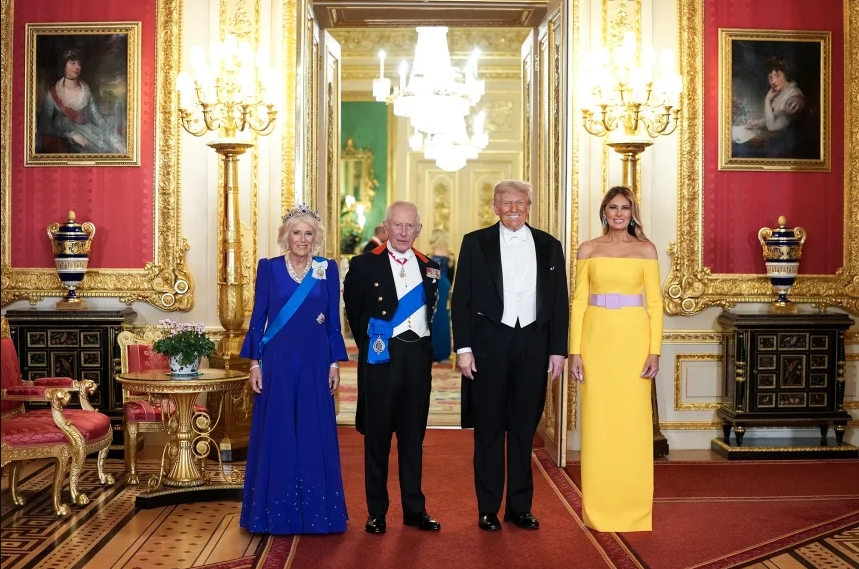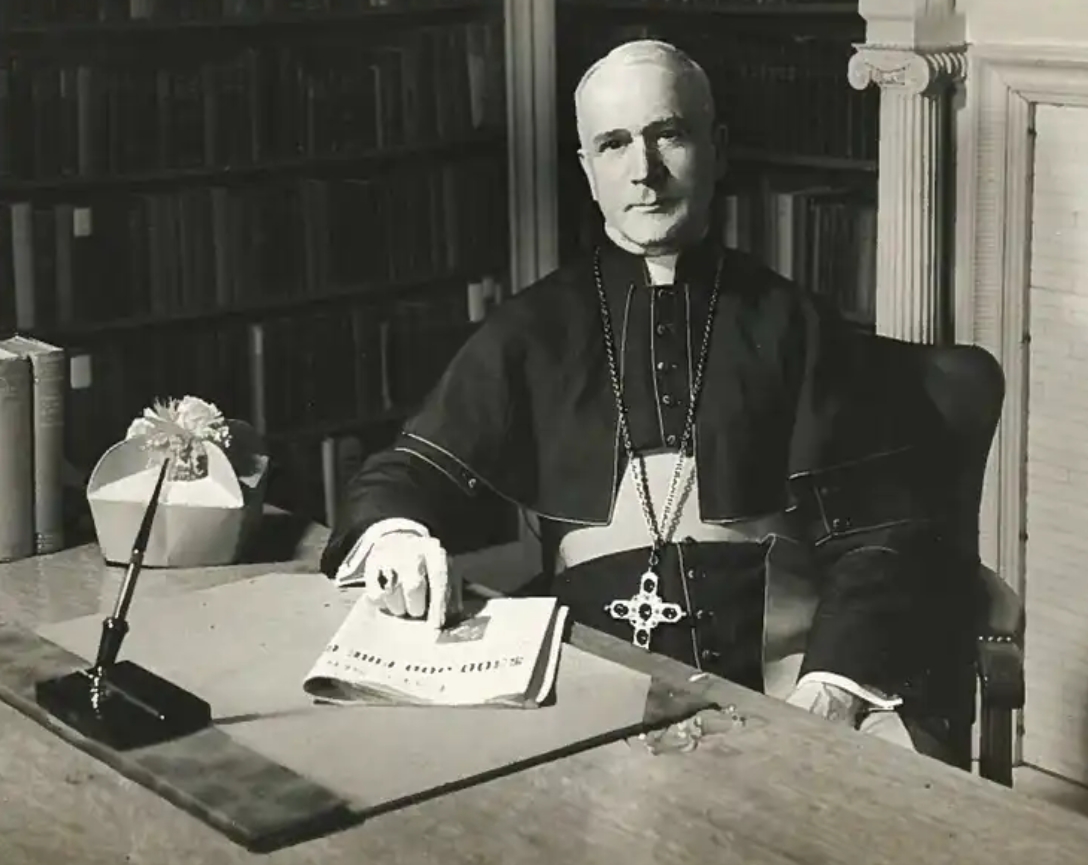February 14, 2024/Midnight
Erie, PA – Valentine’s Day is often associated with the image of romantic love between couples. But is love just limited to that? Beyond what many people may think, the origin of Valentine’s Day did not have flowers, hearts, gift cards, or any romantic elements. It is believed that it relates to a festival during ancient Rome called Lupercalia. This festival is associated with unusual religious traditions, such as pairing people through a lottery, or using animal hides to slap women’s faces hoping it will bring fertility and help them conceive in the year ahead.
Later on, in the 5th century, Pope Gelasius announced that 14th February will be St. Valentine’s Day. This is the day to honor two martyrs, both of them called Valentine. One of these men, a priest, officiated marriages for couples in secret. The Emperor of Rome had outlawed marriage, because he believed that young single men were better soldiers and wished to strengthen his army. For this, the emperor executed him, but Valentine’s legacy lived on through the holiday.
Until the Middle Ages, people in France and England believe 14th of February marks the bird mating season, after which the romance elements were added. Valentine’s Day become a day of celebrating love, and many poets romanticize this occasion.
On Valentine’s Day, we often celebrate with our partners or spouses, but love isn’t limited to romance. It’s also a time to appreciate the relationships that shape our lives—family, friends, colleagues, and even brief connections with acquaintances or strangers.
Love is a broad and universal concept, extending beyond romantic gestures to the bonds that support and uplift us. It’s an opportunity to express gratitude to those who make a difference in our lives, helping us grow and become better every day.
We often give sweet chocolate candies, fragrant bouquets, and letters with cheesy words to our partners, so what can we give to other relationships?
How about the words “I love you, mom” or “I love you, dad”? People rarely express these words to their families, partly because they seem obvious, and it’s assumed that actions speak louder than words. Another reason may be the feeling of discomfort when articulating such sentiments to family.
However, these sentences are more powerful than people may think. They shows a deep gratitude, and appreciation toward your parents. For parents, hearing these words is a powerful affirmation that their sacrifices are recognized. It reassures them that their children know their love and efforts put into raising them, making the journey of parenthood more meaningful.
As for other relationships, sometimes a simple “thank you” from you can make their Valentine’s Day more special. In Denmark and Norway, lovers are not only the ones who participate in Valentine’s Day; it is an occasion for friendship and family bonds. They swap “Lover’s Cards”, and in these cards there are heartfelt messages and expressions of appreciation.
Valentine’s Day was not created solely for romantic love; instead, it is associated with the broader ideas of love and affection. It is an opportunity for us to express our care for those around us, to show gratitude, and give back for the kindness we have received.








